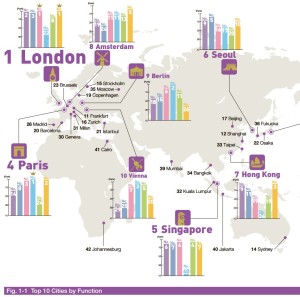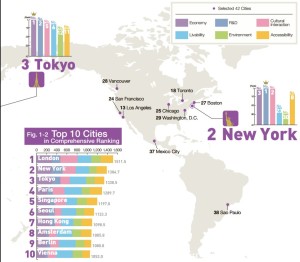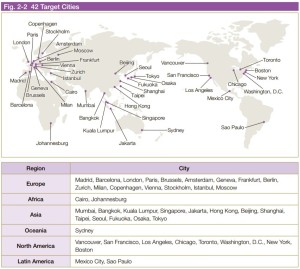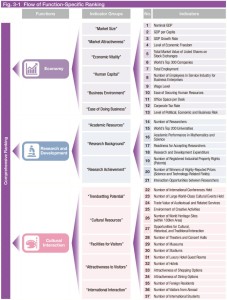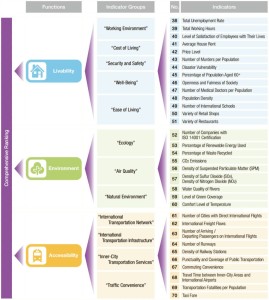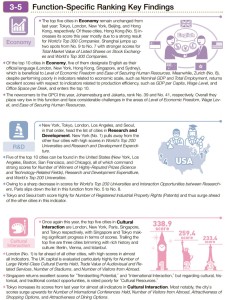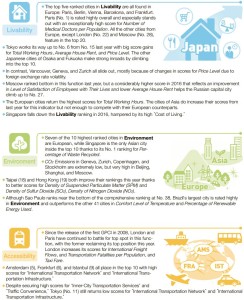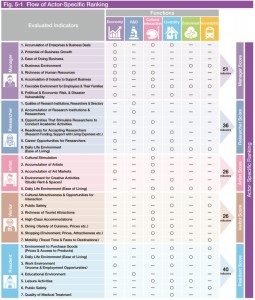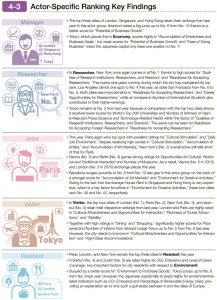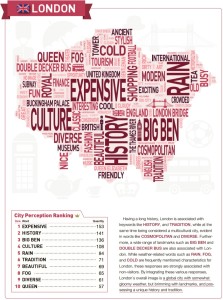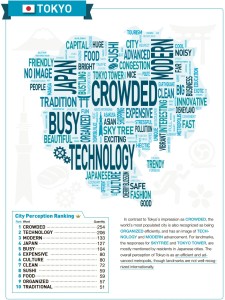All the below links are in English.
標記関連の英語記事及び一部抜粋を以下貼っておきます。
Japan’s Abe Says U.S., Japan Leaders Working On New Economic Dialogue: New discussions could serve as replacement for stalled Trans-Pacific Partnership (2/10/2017) | @damianpaletta & @TokyoWoods @WSJ
… The two leaders agreed that the economic dialogue between their deputies, Messrs. Pence and Aso, will cover three broad areas: coordinating fiscal and monetary policies; infrastructure investments, energy issues and cybersecurity; and bilateral trade, according to a senior official in a briefing with reporters. …
…he had hinted in recent weeks that Tokyo could be open to discussing a bilateral pact with the U.S. if requested by the Trump administration…
… A train that runs on Japan’s magnetic levitation, or maglev, system could travel between Washington and New York in about an hour, Mr. Abe told Mr. Trump, according to the Japanese official. Tokyo has funded an ongoing early-stage study to build the first leg of such a railway system between Washington and Baltimore.
Trump reaffirms U.S.-Japan security alliance in bid to soothe fears in Tokyo (w Videos; 2/10/2017) | @DavidNakamura & @abbydphillip @washingtonpost
… He denounced a sizable U.S. trade deficit to Japan and suggested Japan and South Korea were not paying their share to support American troops based in the region.
But the summit, aggressively pursued by the Japanese, aimed to erase doubts, even as the two sides remain at odds over how to move forward on trade and economic ties.
Trump sought to present the two countries in close harmony over shared challenges on North Korea’s nuclear weapons programs and China’s aggression in the South China Sea — “both of which I consider a very, very high priority,” he said. …
The Japanese leader also pledged that his country would play a “greater role” in defense and security operations, although he was vague on what that might entail. Japan’s Self-Defense Forces are prohibited from combat missions abroad under the constitution imposed on the country by the United States after World War II. …
The summit was being watched closely by U.S. allies and partners across the globe for signs over how Trump would deal with a powerful ally after the unpredictable bluster of his campaign and early weeks of his presidency. …
It was not clear, however, whether Trump understood him; the president failed to attach the earpiece of his translation device until after Abe’s opening statement.
US-Japan alliance top priority as Shinzo Abe and Donald Trump embrace at the White House (w Video; 2/11/2017) | @AAPinLA @smh
“We have a very, very good bond.”
“Very, very good chemistry.” …
Ahead of the meeting, Mr Abe said that hacking, anti-trust laws and mistrust between the world’s largest nations was hindering global trade, and warned of a “threat” to the world economy in a speech to the US Chamber of Commerce. …
…announcing the US would build up its military presence alongside Japan to make their defensive capabilities “impenetrable”. …
…US Defence Secretary James Mattis and Secretary of State Rex Tillerson have already confirmed that the US continues to see the isles as part of its commitment to the alliance…
…the main aim of this meeting is to show clearly to those at home and abroad that the US-Japan alliance is unshakable,” Deputy Chief Cabinet Secretary Koichi Hagiuda…
Donald Trump shook the Japanese Prime Minister’s hand for 19 seconds (w Video; 2/11/2017) | @brennawilliams @CNN
Diplomacy is an art. …
In Welcoming Shinzo Abe, Trump Affirms U.S. Commitment to Defending Japan (w Video; 2/10/2017) | @juliehdavis & @peterbakernyt @nytimes
… “This administration is committed to bringing those ties even closer. We are committed to the security of Japan and all areas under its administrative control and to further strengthening our very crucial alliance.” …
Speaking without notes later in the news conference, Mr. Trump said he had hit it off with Mr. Abe personally. “We have a very, very good bond — very, very good chemistry,” he said. “I’ll let you know if it changes, but I don’t think it will.” …
Acutely aware of Mr. Trump’s complaints about foreign competitors, Mr. Abe stressed that “Japanese businesses have built factories all over the United States” and invested $150 billion, creating many American jobs. “Japan, with our high level of technical capability, we will be able to contribute to President Trump’s growth strategy,” he said. “There will be even more new jobs being born in the United States.” …
…may have questions in private for Mr. Trump about his provocative statements related to Japan, including his warning to Toyota on Twitter that he would slap a “big border tax” on the carmaker if it built a new plant in Mexico and…
Even so, Mr. Abe’s visit could fuel suspicions in Beijing that Mr. Trump intends to make Japan, rather than China, the focal point of his engagement with Asia. That would be a distinct shift from former President Barack Obama, who hosted Mr. Xi in 2013 for an informal summit meeting at the 200-acre Sunnylands estate in Rancho Mirage, Calif. …
After a working lunch at the White House on Friday, the two leaders planned to board Air Force One and fly to… Mar-a-Lago…
Trump says US committed to Japan security, in change from campaign rhetoric (2/10/2017) | @reuters @CNBC
… A joint U.S.-Japanese statement said the U.S. commitment to defend Japan through nuclear and conventional military capabilities is unwavering.
The statement amounted to a victory for Abe, who came to Washington wanting to develop a sense of trust and friendship with the new U.S. president and send a message that the decades-old alliance is unshakable.
… The statement said the two leaders affirmed that Article 5 of the U.S.-Japan security treaty covered the islands, known as the Senkaku in Japan and the Diaoyu in China. …
Abe said he was “fully aware” of Trump’s decision to withdraw from the multilateral trade accord. But he said…
“I am quite optimistic that … good results will be seen from the dialogue,” he said, adding that Japan was looking for a fair, common set of rules for trade in the region. …
The Mar-a-Lago visit will be Trump’s first use of his Florida getaway for diplomatic purposes. …
Trump, Abe news conference – live updates (2/10/2017) | @RebeccaShabad @CBSPolitics

